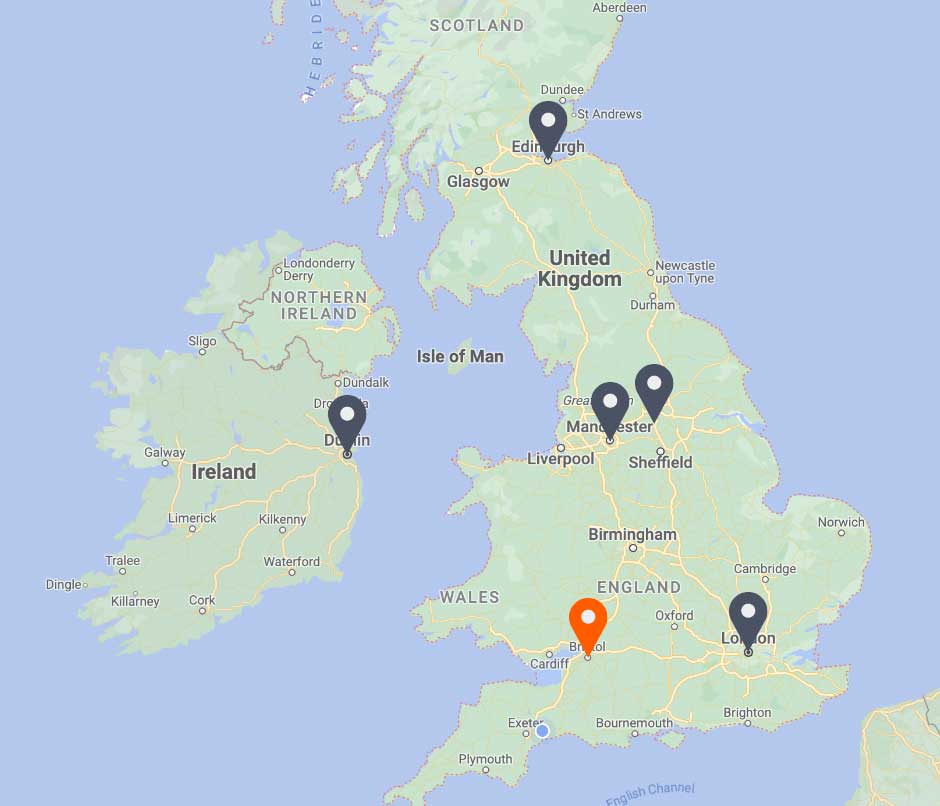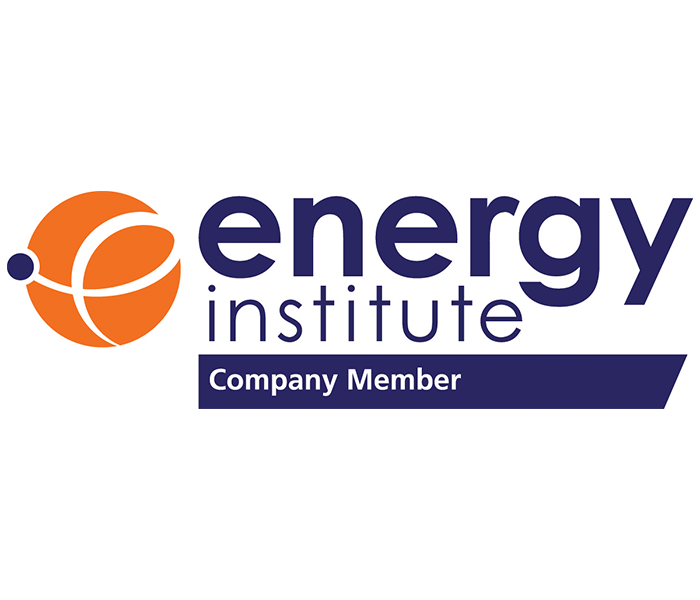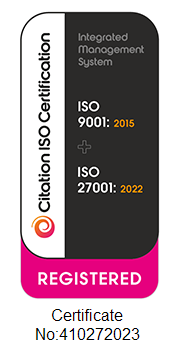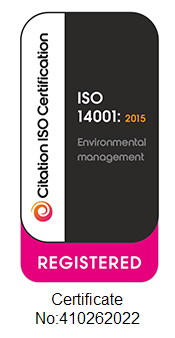THIS ARTICLE AT A GLANCE
CONTACT ETS
If you have any questions or would like to discuss further what you should be doing, ETS is here and willing to help.
Call 0117 205 0542
Email enquiries@energy-ts.com
Submit a contact form
CHECK OUR SERVICES
Carbon Reporting leads you to a sustainable future

Carbon reporting enables organisation to have a better understanding about their GHG emissions, resulting from their operations and activities. This data empowers businesses to identify opportunities and prepare for Net Zero action plan. In recent news, some key investors have united to urge EU lawmakers for a robust carbon reporting mandate. This call comes as concerns arise about proposals to weaken certain aspects of the new European Sustainability Reporting Standards (ESRS). Investors are emphasising the need for mandatory and detailed disclosures on critical aspects such as emissions and climate risks. Their efforts are a reminder that we all have a part to play in protecting the environment.
A letter from investors strongly emphasises that without comprehensive and consistent data on environmental performance, investors will face challenges in making proper decisions. They argue that weakening reporting standards may undermine the EU’s position as a global leader in sustainable finance, affecting its ability to attract capital in a competitive global landscape. Carbon reporting has emerged as a vital tool in measuring and managing an organisation’s carbon emissions. Understanding your energy consumption can lead businesses to a sustainable future.
Here are some highlighted standards and certificates for businesses to get on the road for carbon reporting.
ISO 14001 is an internationally recognised environmental management system (EMS) standard. It provides a framework for organisations to develop a robust environmental management system that integrates environmental responsibilities into their operations. Carbon reporting plays a pivotal role in ISO 14001 compliance. Accurate carbon reporting helps establish a baseline for emissions, which forms the basis for setting meaningful reduction targets and tracking progress over time. Furthermore, by analysing carbon reports, organisations can identify energy hotspots and potential inefficiencies, facilitating targeted action plans for sustainable improvements.
ISO50001 certification provides a systematic approach to continual energy efficiency improvement and demonstrates your organisations’ commitment to robust carbon management. This standard includes a set of requirements that enable organisations to establish an energy policy, set targets and objectives, gather data to better understand energy consumption, assess outcomes, analyse effectiveness, and continuously improve energy management. ETS can support you throughout the journey to achieving certification – from the initial stages of energy data collection and employee engagement through to ISO50001 compliance and maintaining an accredited Energy Management System.
LEED provides a framework for healthy, efficient, carbon and cost-saving green buildings. LEED certification is a globally recognised symbol of sustainability achievement. LEED-certified buildings save money, improve efficiency, lower carbon emissions and create healthier places for people. They are critical to addressing climate change and meeting ESG goals, enhancing resilience, and supporting more equitable communities. Carbon reporting contributes to obtaining LEED certification in several ways, such as energy optimisation, emissions reduction, innovation and technology and ongoing compliance.
In conclusion, carbon reporting serves as the backbone for organizations seeking to achieve prestigious environmental certifications like ISO and LEED. By measuring, managing, and reducing their carbon footprint, businesses not only enhance their environmental credentials but also contribute to a more sustainable future. They can also get closer to achieve Net Zero. We are very happy to guide your team in the journey towards sustainable excellence, where carbon reporting and environmental certifications go hand in hand, creating a positive impact on both businesses and the planet. Embrace this opportunity to lead the way towards a greener future.
Related Article
8 Ways Businesses Can Reduce Energy Use in the Workplace This Winter
Discover how to comply with ESOS Phase 4 and unlock energy-saving opportunities for your business. This guide explains the requirements, highlights key deadlines, and provides actionable strategies. Learn how energy audits, tailored action plans, and expert support can reduce costs, improve efficiency, and align your organisation with sustainability goals.
ESOS Action Planning: Complying with Phase 4 and Implementing Energy Saving Strategies
Discover how to comply with ESOS Phase 4 and unlock energy-saving opportunities for your business. This guide explains the requirements, highlights key deadlines, and provides actionable strategies. Learn how energy audits, tailored action plans, and expert support can reduce costs, improve efficiency, and align your organisation with sustainability goals.
Important Update: What You Need to Know about ESOS Phase 3
Time is ticking for the ESOS Phase 3 deadline. The Environment Agency announced that the reporting system is available now. For organisations qualifying for ESOS Phase 3, the deadline for submitting a compliance notification is 5 June 2024, and organisations should still look to meet this compliance notification deadline where possible.








































































